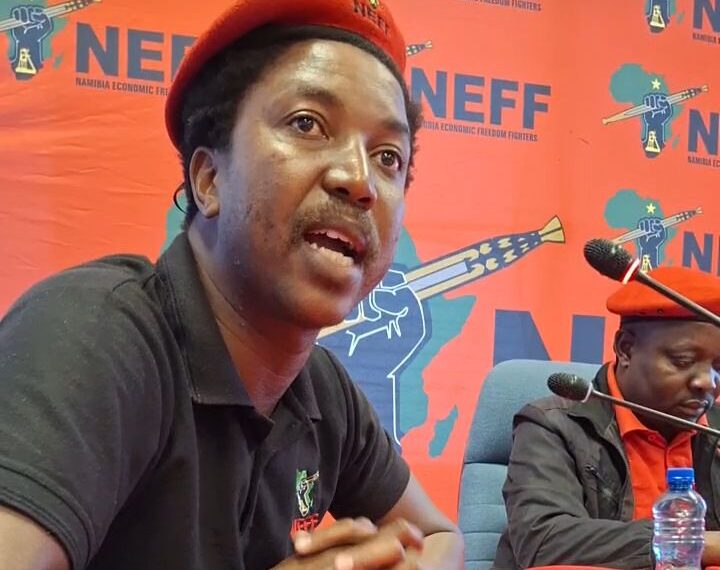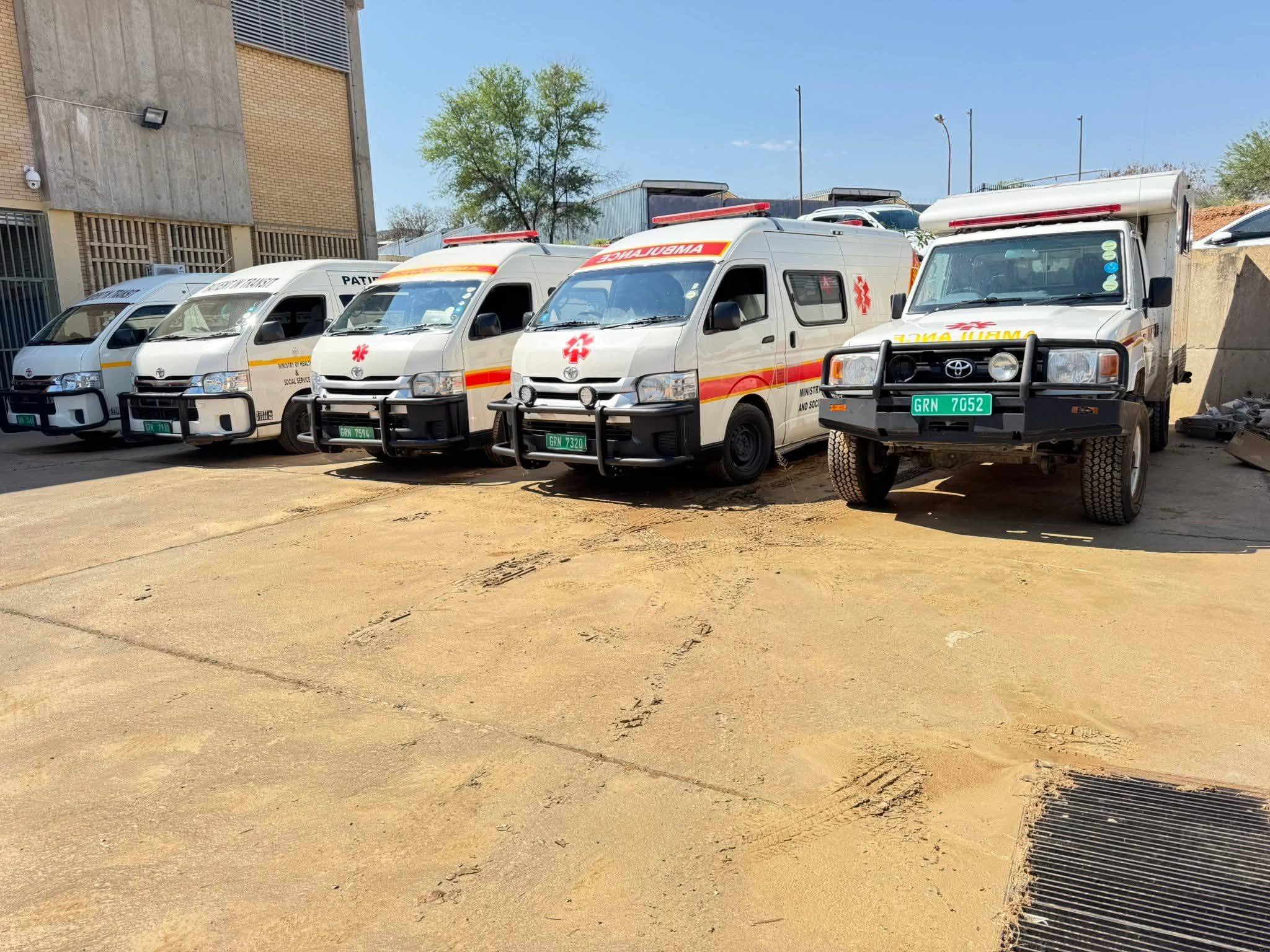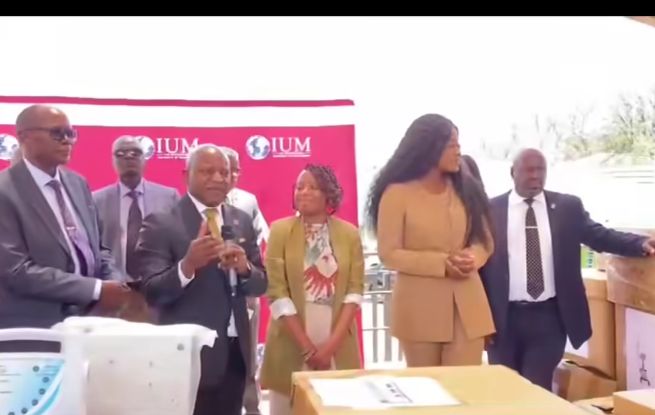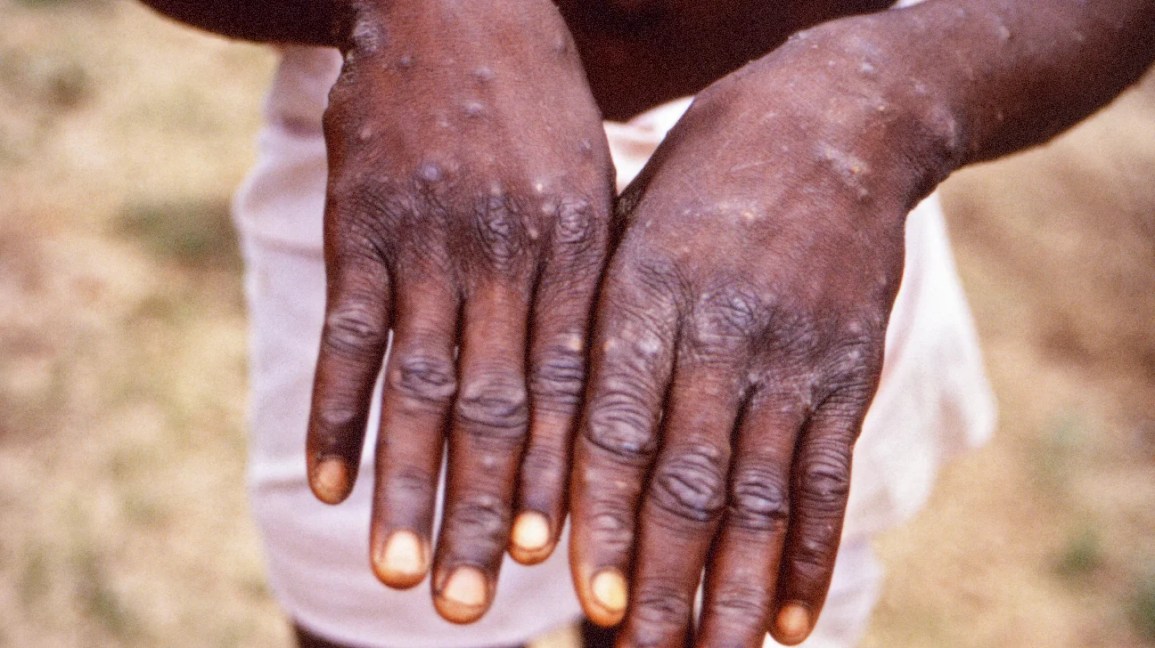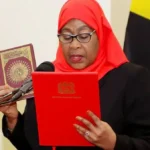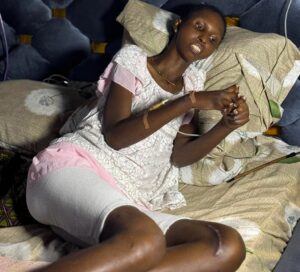
The Minister of Health and Social Services, Dr. Esperance Luvindao, has assured the public that her ministry is actively engaged in the fight against malaria, following growing concerns over the recent surge in cases across the country.
Dr. Luvindao made the remarks during a parliamentary session on Monday, in response to a series of pointed questions posed by George Kambala, a member of Parliament representing the Affirmative Repositioning (AR) movement. Kambala raised alarm over what he described as the ministry’s low visibility and lack of strong public communication, particularly in the northern regions where the outbreak has taken a deadly toll.
According to Kambala, at least 64 people have reportedly died from malaria-related complications in the northern parts of Namibia. He also noted that the capital city, Windhoek, has not been spared, with approximately eight cases reported so far.
In her response, Dr. Luvindao acknowledged the seriousness of the situation and revealed that the ministry has responded to approximately 40,000 suspected and confirmed malaria cases. She noted that these efforts have been spearheaded by the ministry’s emergency medical response teams, who have been deployed to the most affected areas to carry out a multi-pronged intervention.
“The Ministry is fully aware of the challenges posed by the current malaria outbreak, and we have mobilized significant resources to address it,” Dr. Luvindao said. “Our teams are on the ground, not only treating those affected, but also raising awareness in communities about prevention and early treatment.”
She added that the health teams are distributing anti-malarial medications, mosquito nets, and promoting the use of protective clothing, particularly in high-risk zones. Public education campaigns are being intensified to ensure communities understand how to recognize symptoms early and take preventive measures seriously.
Dr. Luvindao further emphasized that malaria prevention is a shared responsibility and called on all citizens, especially those living in endemic regions, to take active steps in protecting themselves and their families.
The ministry is expected to release a detailed update on its ongoing malaria response strategy in the coming weeks, as it continues to work with local health authorities, community leaders, and international health partners to contain the outbreak and prevent further loss of life.




